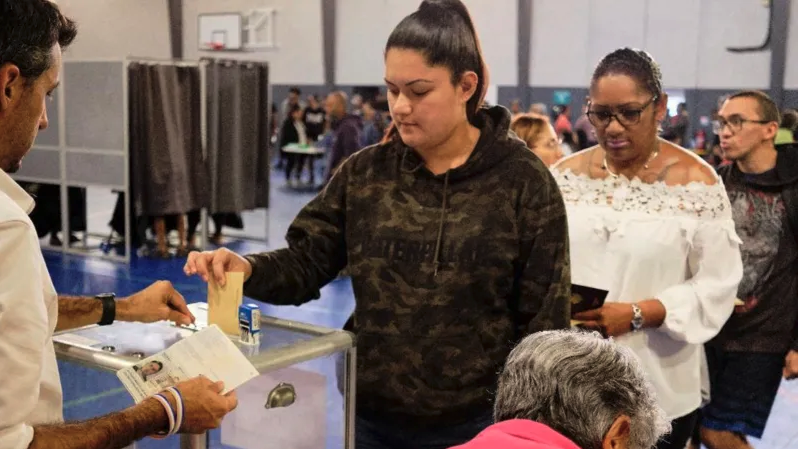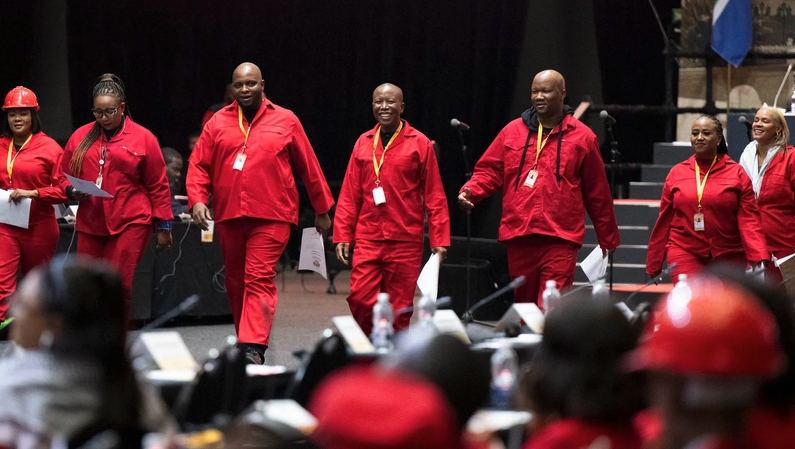Significant oil and gas reserve discoveries have made Namibia one of the hot hydrocarbon exploration destinations globally.
This article presents some views on Namibia’s hydrocarbon exploration and production in light of the move towards netzero emissions and beyond.
The United Nations (UN) has simplified the ‘netzero’ concept to reducing the release of gases that trap heat in the Earth’s atmosphere – greenhouse gas (GHG) – to as close to zero as possible.
Carbon dioxide (CO2) forms 79,4% of GHG, and is emitted when hydrocarbon fuels (e.g. diesel or petrol) are burned (e.g. from engine combustion through car exhaust systems).
The UN believes that replacing coal, gas and oil-fired power with energy from renewable sources, such as wind or solar, will dramatically reduce CO2, emissions.
However, because of how big the global hydrocarbon market is, and how long it will take to transition to a fully fledged green economy (if at all), Namibia has a window of opportunity to continue reaping the benefits of its hydrocarbon endowment fairly.
REVENUE
Oil and gas discoveries can reduce the government’s budget constraints if we proceed to production.

The ability to borrow before oil production starts has been suggested, but we argue against such an approach based on the backlash experienced in Mozambique.
In 2022, our government remarkably launched a sovereign stabilisation and intergenerational fund, the Welwitschia Fund, that can be funded by revenue from oil and gas production.
Professor Patrice de Vivies (a senior international consultant for TotalEnergies Professeurs Associes) advised that Namibia can learn from oil and gas producers such as Qatar and Norway for our economic advancement.
The Qatari and Norwegian sovereign fund assets were around US$300 billion and US$1,3 trillion, respectively, in 2021 despite being launched several years after production.
Leaders of these countries have endeavoured to diversify their economies and develop human capital.
Mildly put, it would be ridiculous for anyone to stop oil production or providing training for the oil/gas market now.
Namibia should produce and export oil and gas to international markets for hydrocarbons that will exist during the transition to netzero emissions and possibly beyond.
GREEN TO GO
In view of mitigating global warming, it is important to note that producing and selling oil would not affect our nationally determined contribution (NDCs) as there will be no emission from such oil and gas (no combustion) at production.
The GHG emissions from the oil we produce will implicate the NDC strategies of nations to which we supply oil and gas, as provided for by the Paris Agreement.
Norway, for instance, is perceived as one of Europe’s greener countries, while being one of the continent’s biggest oil and natural gas producers, characterised by a natural resources knowledge-based economy.
Therefore, while there is still a significant demand for hydrocarbon energy in the energy mix, it is more optimal for Namibia to accelerate its objectives for oil and gas production and capacity growth.
Ideally, we should embark on the oil production odyssey with an end in mind – that when these reservoirs are inevitably depleted, they can be transformed into facilities for storing CO2 to complement our NDC approaches.
Further, selling critical metals, green hydrogen and carbon credits to countries and organisations ready or preparing for the green economy is another way to boost the Welwitschia Fund, while contributing and enabling global efforts toward green economies.
DYNAMICS
In conclusion, producing oil and gas for the global energy mix demand of the transition to netzero emissions will allow Namibia to economically benefit from its hydrocarbon endowment.
Namibia should focus on maintaining or enhancing her carbon sink traits and speed up processes towards producing hydrocarbons, green hydrogen and accessing the carbon market.
Hydrocarbons, carbon credits, critical metals and green hydrogen revenue can balance our national budget, advance our green economy initiatives, and fund the Welwitschia Fund during the transition to the netzero energy mix.
We must establish a dynamic, creative, and knowledge-based economy to optimally facilitate processes, while maximising benefits.
It is of critical importance to develop diverse human capital with a focus on the governance, exploration and exploitation of natural resources to boost our economy equitably, while restoring our planet.
- Absai Vatuva, senior lecturer and head of the Geosciences Department, University of Namibia southern campus; email: avatuva@unam.na
- Collen-Issia Uahengo, lecturer at the Geosciences Department, University of Namibia southern campus; email: cuahengo@unam.na
Stay informed with The Namibian – your source for credible journalism. Get in-depth reporting and opinions for
only N$85 a month. Invest in journalism, invest in democracy –
Subscribe Now!






